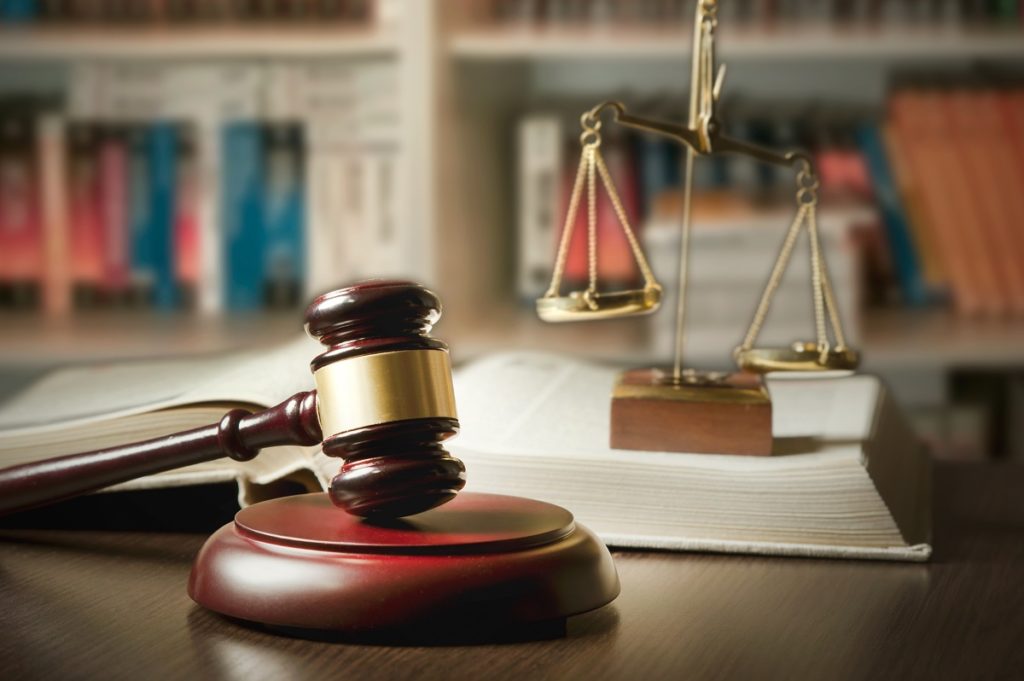An accurate record is vital in every legal battle. As a lawyer, you want the records to be clear and precise as these will be used by judges in examining the case and will be read by other lawyers as well as law students for reference in the future.
Here are some tips you can follow to help you ensure that you have a clear and concise record for every litigation.
1. Hire a good court reporter
To preserve and guard the record, you must first look for experienced and dedicated court reporters that will get the job done. In Phoenix, Arizona, there are plenty of full-service court reporters in Phoenix, AZ, that will suit your needs.
Make sure to hire a court reporter that can meet your demands and can match the difficulty of the assignment. An excellent court reporter can produce transcripts at astonishing speed and accuracy for the clients, and is from a court reporting firm with a good reputation in the legal community and uses the latest innovation in technology.
Before the proceeding, you should inform the reporting firm about the qualities that you’re looking for in a court reporter so they can pick and deploy the right person for the job.
2. Be mindful of how you speak
During the proceeding, you must speak clearly and at a pace that the court reporter can easily pick up. This way, the reporter can transcribe the words with high accuracy. Moreover, you must avoid interrupting the other side.
Let them finish speaking before you raise any objections or counter their arguments. Two opposing counsels responding and speaking at the same can ruin the record because it will be difficult for a reporter to capture the words and could probably leave some indiscernible but relevant statements unreported.
3. Precision is the key
When mentioning things like numbers or letters, you have to enunciate them clearly as they can sound the same sometimes. Did you mean “42” or “40, too”? Is it “S&R” or “SNR”? To avoid these confusions, make sure you say the figures, punctuation marks and symbols clearly and specify where they are placed.
Also, always remember to let the reporter know the start and end of a quote when quoting someone.
4. Be specific with names
Sometimes, there are people involved in a case who have unusual names with odd spelling. Some have common names that are spelled in different ways, like “Brian” and “Bryan.” In this case, spell out the names for the court reporter so he/she can put them on the record correctly.
5. Going off the record? Announce it
If you don’t want your statement to be put on official record during a proceeding or deposition, let the court reporter know about this so he/she can remove them. It’s not the reporter’s job to decide which statements are to be put on trial record and which ones are off the record.
Being conscious about how and what you speak at a court proceeding or deposition will help you produce a clear and accurate record that judges and attorneys can read with ease. If there are any corrections in the transcripts, contact the court reporting firm so it can immediately act on your concern.



